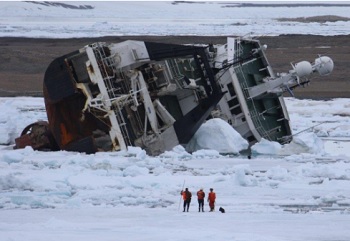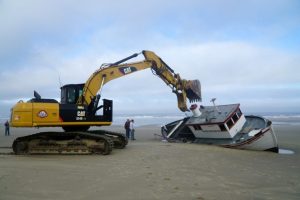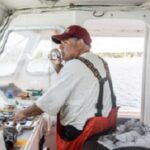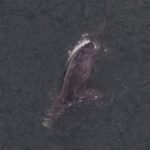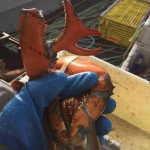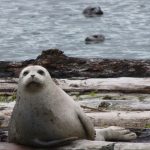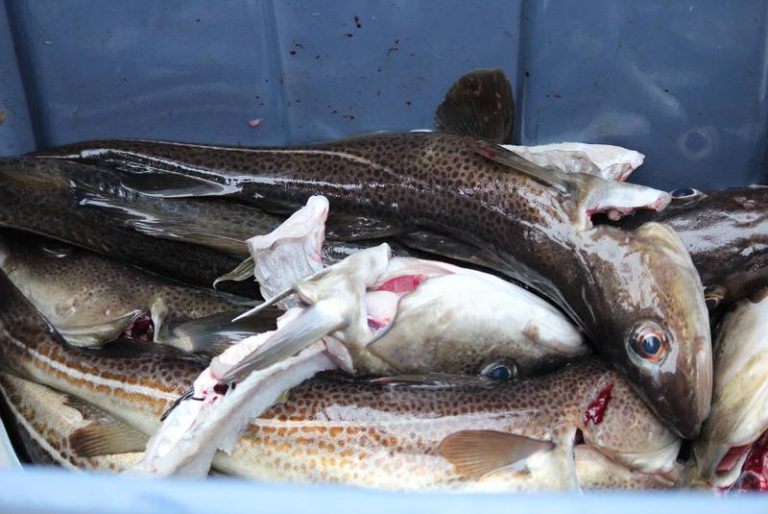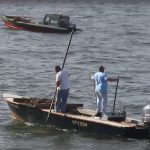Daily Archives: September 3, 2020
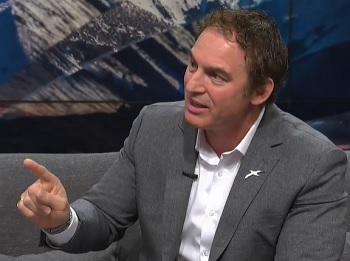
New Zealand Government to pay up to $60 million to install cameras on commercial fishing boats
Minister of Fisheries Stuart Nash has announced a large cash investment from the Government to roll out cameras on commercial fishing vessels. The cameras will be used to monitor any breach of fishing quotas by operators. Nash said the funding would make a real difference, but defended the delay in making it happen. “This isn’t simply a matter of just about getting a go-pro and a selfie stick and away you go, we’re talking about cameras that are operating in the harshest of environment, we’re talking about up to 700G of data that has to be transferred from the boat per month, from the boat to some sort of storage site, it has to be viewed. >click to read< 20:35
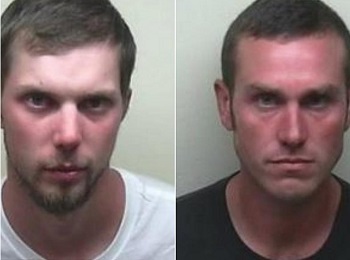
The two men accused of killing Franky the Pug are disputing the charges.
Justin Chipman and Nathan Burke were arrested on multiple charges after they allegedly broke into Phil Torrey’s home in 2018 and stole his hummer, taking his pug dog Franky along for the ride. At some point, Franky was shot and killed. His body was found, wrapped in plastic, on a Winter Harbor beach six days later. Chipman and Burke had once worked as sternmen on Torrey’s lobster boat. >click to read< 17:13
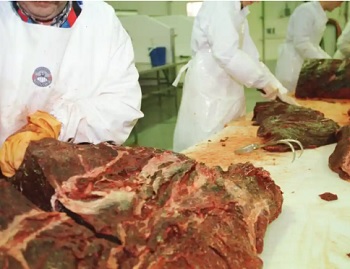
Demand for whale meat in Norway rising after years of decline
Norway remains one of only three countries to publicly allow commercial whaling, along with Japan and Iceland. Much of the catch is sent to Japan, where demand is high, but for the first time in years businesses have reported increased interest in eating whale meat domestically. Four hundred and eighty-four minke whales have been killed so far this year, which is fewer than half the annual quota of 1,278. Last year’s total of 429 whales caught was the lowest in decades. The fleet has also been in decline, with only 12 vessels participating in this year’s hunt, down from 34 in 2004. Odd Emil Ingebrigtsen, Norway’s fishing minister, said: “It is very positive that we are witnessing an increase in both catches and demand for products this year. >click to read< 14:04
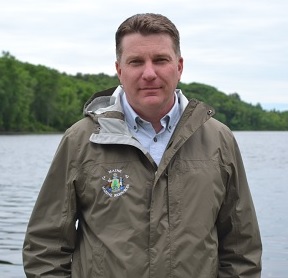
An Update from Commissioner Keliher Regarding CARES Act Funds
Over the past few days I have received several calls from harvesters and the press asking about the CARES Act relief money. It seems that some are putting it out on social media that “The State is keeping the money” or “It’s only going to support aquaculture.” One individual asked me, “How are we supposed to know what is happening when no one tells us anything?” That statement shows me that the webinars and conference calls we’ve had to rely on can’t replace in-person communications. Regarding the CARES Act money,,, >click to read< 12:46

Fishermen, state leaders push back against at-sea monitoring proposal
The New England Fisheries Management Council (NEFMC) is considering Amendment 23 to the Northeast Multispecies Fishery Management Plan (FMP) that would require groundfishing vessels to implement 100% at-sea monitoring or a blended approach of at-sea monitoring and electronic monitoring. The proposed change seeks to improve catch accountability in the fishery, but fishermen argue this particular proposal is overly burdensome and unnecessary to achieve the stated goal,,, Overall, fishermen across Massachusetts fear this proposed policy would incur overly burdensome costs on an already struggling fleet, accelerating the expiration date of the fishery.” >click to read< 11:52

Stephen C. Dexter – Being a self employed fisherman was the finest kind to him.
We sadly lost a valuable member of the community on the evening of August 24, 2020 when Stephen C. Dexter, 70, favorably known as “Critter”, passed away after a courageous four-year battle with cancer. Critter grew up in North Yarmouth, graduating from Greely High School in 1968. He was an easy-going and caring soul. His even-keeled nature had a way of drawing people to him. He was thought of as a beloved friend and father to many. Being a self-employed fisherman was the finest kind to him. Always up well before the sun, hard work was a part of his daily life. He started lobstering in the 1970s out of the Stripper 1. From there he went tuna fishing, dragging for scallops and shrimp, and then spent the majority of his fishing career lobstering off of Sequin Island out of the Kristin Leigh. >click to read< 09:19
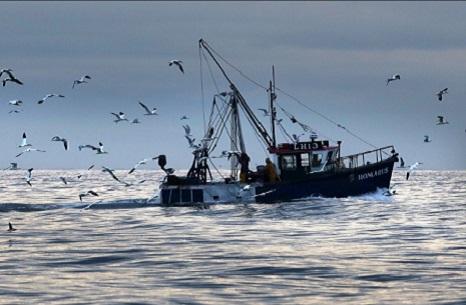
Why Brexit will be fishing industry’s salvation
When I am out and about in Grimsby, the most commonly asked question I get is: “When are we going to get our fishing waters back, and are we going to get them back?” I say to my constituents: “Yes, absolutely.” Grimsby’s association with the fishing industry goes back centuries, but the modern industry started in the 1800s. By 1900, 10 per cent of all the fish eaten in the UK was landed in Grimsby. What fishing brought to Grimsby was wealth, investment into the docks and a direct train link to London. That was the power of the fishing industry to us. Unfortunately, that industry has been taken away from us, first because of the cod wars with Iceland, impact of the Common Fisheries Policy,,, By Lia Nici >click to read< 08:20
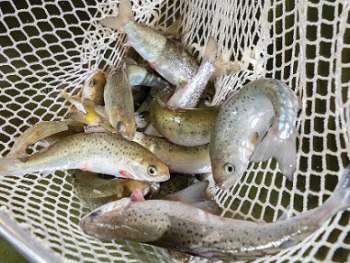
Land-based salmon farm proposed for Chesapeake’s Eastern Shore
AquaCon executives intend to build a $300 million indoor salmon farm on the outskirts of Federalsburg in Caroline County. By 2024, they aim to harvest 3 million fish a year weighing 14,000 metric tons — an amount on par with Maryland’s annual commercial crab catch. If that goes as planned, the company expects to build two more land-based salmon farms on the Shore over the next six or seven years,,, Another Norwegian company is preparing for its first full harvest later this year from a facility south of Miami, and plans have been announced to build big indoor salmon farms in Maine and on the West Coast. Two small U.S.-based salmon operations in the Midwest also are moving to expand production. >click to read< 07:12






